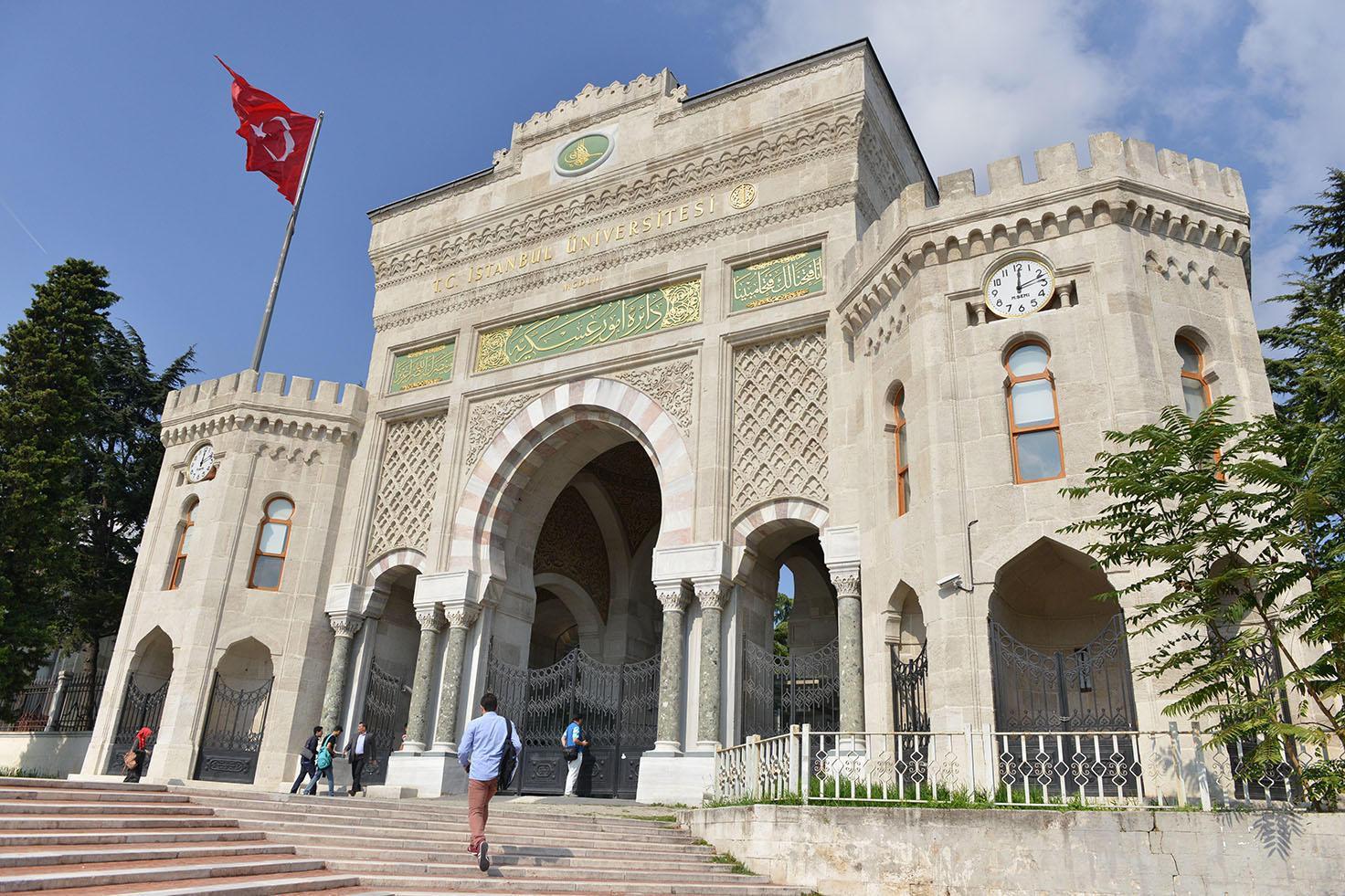
Applications for master’s programs in Turkey have decreased by 60 percent in state universities and 50 percent in private universities after the government introduced paid military service for young men who could complete the draft by paying a certain fee and serving just 21 days.
Military service in Turkey is compulsory, with many Turkish men having applied for master’s programs in the past in order to postpone their conscription. But now, with the new law, the demand for master’s programs throughout Turkey has substantially decreased.
But this has also decreased income universities generate through their tuition fees. Master’s programs cost around 15,000 Turkish Liras ($2,826) in private universities, the same fee as the paid draft, while the median tuition fee is 5,000 liras in state universities.
The number of applications to Anadolu University, in the Central Anatolian province of Eskişehir, has decreased by about 60 percent for the fall semester of 2018, according to data provided by the university’s Social Sciences Institute. The institute, which normally has the capacity to accept only fewer than 100 students, would receive thousands of applications in previous years. In the fall of 2018, however, it did not see such figures.
“I graduated [from university] in 2016. I had to serve my military service after a two-year-postponement period, but I could not do so due to my works. I had found a [master’s] program at a private university for 15,000 liras, and there was no requirement of attending classes. In the week that I was going to enroll [in the program], the paid military service [news] came out. I used the money for that,” Mehmet Çankaya, who benefited from the new law, said.
Parliament on July 26, 2018 ratified a law that enabled young men over the age of 25 to complete the compulsory military service by paying 15,000 liras.
The law enabled citizens to complete their military service in just 21 days instead of 5.5 or 12 months, provided that they are university graduates.